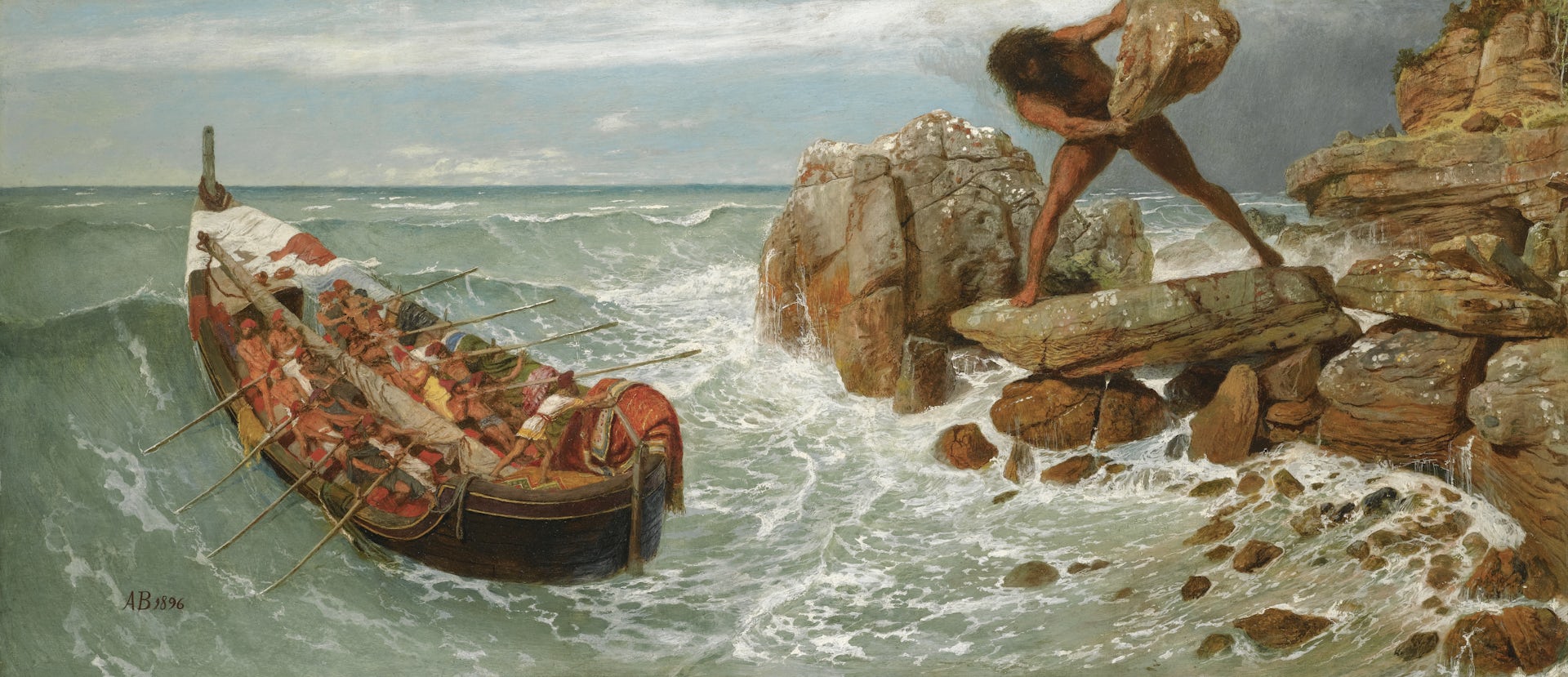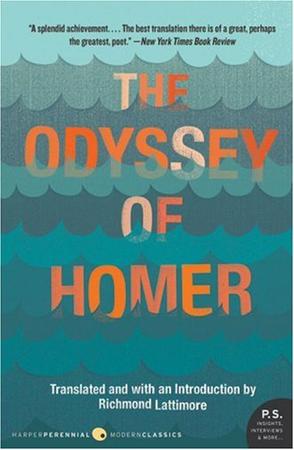

The Odyssey is often cited by critics as being one of the greatest stories ever told. It is an enduring classic because its hero, Odysseus, and his story, though centuries old, are remarkably human and continue to grip the contemporary imagination. The Odyssey, and the telling of a journey home, has inspired many works of art and fiction such as James Joyce’s Ulysses (1922) Margaret Atwood’s The Penelopiad (2005), the tale told through the eyes of Penelope and the Coen brothers’ film O Brother, Where Art Thou? (2000).Īn everyman’s tale and a romance, the Odyssey is filled with adventure, longing and temptation, the struggle between good and evil, and hard-won triumph. The poem has also been adapted for children and young readers and has been issued by Marvel as a comic book. In 2017 Emily Wilson became the first woman to translate and publish the Odyssey in English. A best-selling verse translation by Robert Fagles (1996) was praised for employing language both contemporary and timeless.

Rieu, in 1991), Robert Fitzgerald (1961), and Richmond Lattimore (1965). Several English translations were published in the 20th century, notably those by Emile Victor (E.V.) Rieu (1945 revised and reissued by his son, D.C.H. Other notable early translators include Alexander Pope (1725–26), William Morris (1887), and Samuel Butler (1900). The first translation into English based on Homer’s original Greek was by playwright and poet George Chapman, published in London in 1616.


This Time in History In these videos, find out what happened this month (or any month!) in history.#WTFact Videos In #WTFact Britannica shares some of the most bizarre facts we can find.Demystified Videos In Demystified, Britannica has all the answers to your burning questions.Britannica Classics Check out these retro videos from Encyclopedia Britannica’s archives.Britannica Explains In these videos, Britannica explains a variety of topics and answers frequently asked questions.


 0 kommentar(er)
0 kommentar(er)
